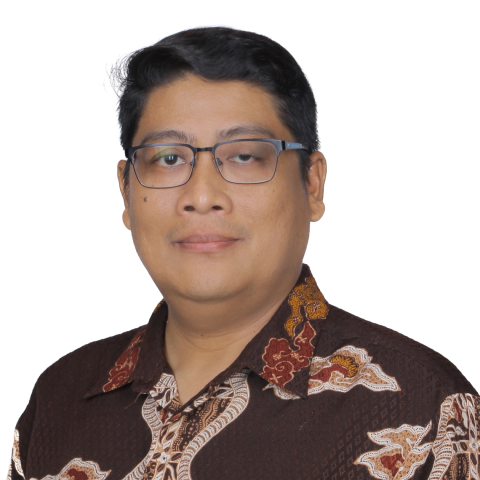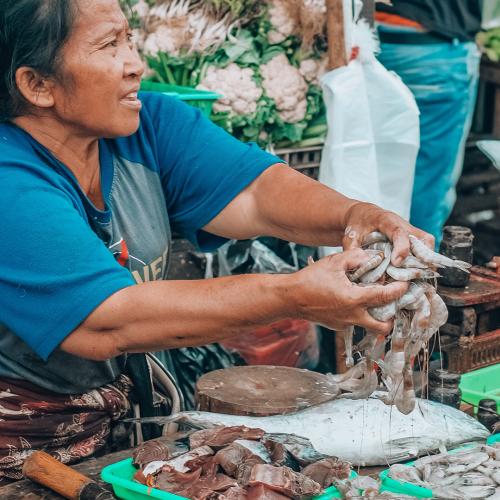
Director
/ Harry Yuli Susanto
Harry Yuli Susanto has worked in the aquaculture sector for 22 years, building on extensive field experience while working alongside multiple stakeholders in the industry.
- Currently as director of PT. Alter Trade Indonesia (PT. ATINA), processor and exporter of frozen shrimp and seafood products, he develops "face-to-face” relationships with thousands of extensive smallholder shrimp farmers including exchange with producers, and supports extensive smallholder shrimp farmers to better reconciliate between the demand of the market and the realities facing producers on the ground.
- He has helped to support the development on Southeast Asia aquaculture and fisheries through the Asian Seafood Improvement Collaborative (ASIC), a group of stakeholders working to build their own fisheries and shrimp aquaculture improvement tools.
- Member of Aquaculture Technical Advisory Committee and Social Sustainability Advisory Group — Monterey Bay Aquarium’s Seafood Watch Program. The Aquarium’s Seafood Watch® program is part of a comprehensive initiative to improve the sustainability of global fisheries and aquaculture through scientific research, policy leadership, industry partnerships, and business and consumer engagement.
- Member of directors of the Indonesian Fishery Producers Processing & Marketing Association (AP5I) — an entrepreneurs and professional association in the field of processing, production, and marketing of fishery products. AP5I moves in the corridors of the law and regulations applicable regulations issued by the government of the Republic of Indonesia and the competent authority.
- He also co-founded Indonesian Shrimp Forum (FUI) a group of multiple shrimp aquaculture stakeholders, who play a strategic role in analyzing the main obstacles and challenges, as well as formulating priority policy recommendations for the development of a sustainable shrimp industry in Indonesia.
- He has played a key role in his organization’s focus on development of small-scale aquaculture producers engaging in a unique “people-to-people” trade connecting between producers and consumers with the developing world handling “eco-food” items.
